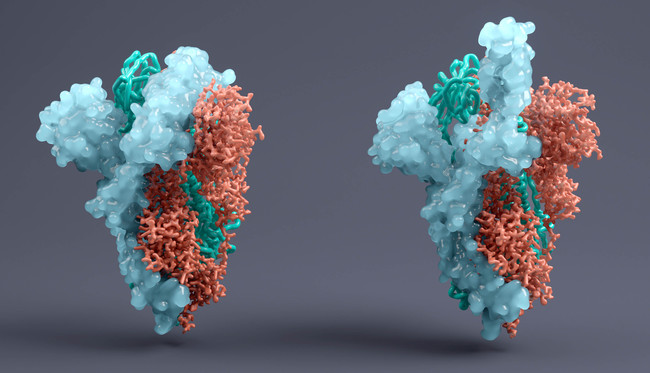EMA backs emergency use of Lilly’s COVID antibodies

The EMA’s human medicines committee has said two Eli Lilly antibodies are effective in people with COVID-19 who are at risk of developing severe disease, clearing the way for use in EU member states.
The CHMP says bamlanivimab (LY-CoV555) can be given alone or administered together with etesevimab (LY-CoV016) to treat at-risk patients aged 12 and over with confirmed COVID-19 who do not require supplemental oxygen.
The panel said it had some misgivings about the data on bamlanivimab given as a monotherapy, but on balance it should be considered as a treatment option given the need for therapies to manage people with COVID-19.
The combination of bamlanivimab and etesevimab was granted an emergency use authorization (EUA) by the FDA last month, and the CHMP decision means that EU states can now consider their own emergency licensing for the treatment.
The two antibodies – which target the spike protein of the coronavirus – are delivered by intravenous infusion and should be administered “as soon as possible after testing positive for SARS-CoV-2 and within ten days of symptom onset", according to the CHMP.
The decision comes on the back of the phase 2/3 BLAZE-1 trial in 577 patients published in the Journal of the American Medical Association (JAMA) in January, which found that the combination resulted in a reduction in SARS-CoV-2 viral load levels in mild to moderate COVID-19 patients.
The results also indicated that the combination as well as bamlanivimab monotherapy led to fewer COVID-19-related medical visits, with mild or moderate side effects. Hospitalisations and mortality were reduced by 70%.
Bamlanivimab and etesevimab are the second anti-SARS-CoV-2 antibodies to get a green light from the CHMP, after Regeneron’s combination of casirivimab and imdevimab (REGN-COV2) which was backed just over a week ago. Regeneron’s pairing also picked up an EUA from the FDA last November.
Other COVID-19 antibodies coming through clinical testing include Celltrion’s regdanvimab, which has just started a rolling review at the EMA, as well as AstraZeneca’s AZD7442, GlaxoSmithKline/Vir Biotechnology’s VIR-7831 and Brii Biosciences’ BRII-196 and BRII-198.
“We hope this opinion will accelerate [other] reviews and authorisations, particularly in low- and middle-income countries, where Lilly is prepared to provide doses at greatly reduced costs or free of charge,” said David Ricks, Lilly's chief executive.
Italy has already issued an emergency license for bamlanivimab as a monotherapy as well as the combination with etesevimab – in advance of the CHMP ruling – while bamlanivimab alone is authorised in Canada, the Czech Republic, Germany, Israel, Italy, Hungary, Sweden, UAE and the US, according to Lilly.











